How to Greet in Arabic – UK Guide
Today, I present “How to Greet in Arabic – UK Guide” the world is becoming increasingly interconnected, and language has become one of the most powerful tools for building meaningful connections across cultures. For many non-Arabic speakers hoping to build meaningful relationships across the Arab world, one of the first questions that comes to mind is: “How do I say how are you in Arabic?”
But in Arabic-speaking cultures, this simple question carries far more than surface meaning. It opens the door to warmth, care, and connection, often extending beyond the individual to include family, health, and well-being. Understanding this depth is essential to truly appreciating how greetings work in Arabic.
Importance of warm greetings and asking about family
In Arabic-speaking cultures, a simple “how are you?” is rarely just a surface-level question. It often leads to follow-ups like “How’s everyone at home?” This isn’t considered nosy, but a sign of respect, closeness, and cultural warmth.
This way of connecting reflects deep values in both Arab tradition and modern psychology.
This is important because:
- It fosters trust and emotional safety: Expressing affection or asking about loved ones makes people feel secure, respected, and valued.
- It strengthens relationships: Regular check-ins help maintain strong social and family bonds.
- It encourages open communication: People are more likely to share openly when they feel genuinely cared for.
- It creates a sense of belonging: Especially in collective cultures like the Arab world, showing interest in someone’s family means embracing their identity.
Common Arabic phrases to say how are you
How to Greet in Arabic – UK Guide, Arabic is spoken across more than 20 countries. While the meaning behind “how are you?” is shared, the way it’s said can vary significantly based on region, dialect, and social context.
So, for anyone asking How do I say how are you in Arabic, let’s divide the answer based on whether it is formal or informal setting:
1- Formal settings
كيف حالك؟ (Kayfa Ḥalak?)
- Pronunciation: kayfa haloka (to a man) / kayfa haluki (to a woman)
- Literal Meaning: “How is your condition?”
Usage:
- Universal across the Arab world
- Used in formal settings, emails, or with strangers
- Especially common in education, media, or official speech
Other Common Formal Phrases:
- كيف الحال؟ (Kayfa al-hal?); means How is the situation?
- كيف أُموركَ؟ (Kayfa umorak?); how are things?
- كيف صحتك؟ (Kayfa sihatak?); this means: How’s your health?
- ما أَخباركَ؟ (Ma akhbarak?); What’s your news?
Overall, use these phrases in professional conversations, when meeting someone older, or in written communication.
2- Informal, casual settings
إِزَّايَك؟ (Izzayak?)
- Pronunciation: izzayak (male) / izzayek (female) / izzayokum (group)
- Literal Meaning: “How are you?”
Usage:
- Most common greeting in Egypt
- Casual and warm; perfect for friends, family, or colleagues
Bonus Phrase:
1- أخبارك إيه؟ (Akhbārak eh?) – What’s your news?
2- كِيفَك؟ (Keefak?) – Levantine Arabic (Lebanon, Syria, Jordan, Palestine)
- Pronunciation: keef-ak (male), keef-ek (female), keef-kum (group)
- Usage: Friendly and common; used in everyday conversation
3- شْلُونَك؟ (Shlonak?) – Gulf & Iraqi Arabic
- Pronunciation: SHLO-nak (male), shloneck (female), shlonkum (group)
- Usage:
– Widely used in Kuwait, Saudi Arabia, Iraq, and parts of Syria
– Very friendly; perfect for close groups and casual interactions.
Find out more at our Arabic conversation course, designed to help you speak confidently and naturally in real-life situations.
Male vs. female: understanding gender in Arabic phrases
One of the key differences between Arabic and English is that Arabic is a gendered language. That means the words you use change depending on whether you’re speaking to a man or a woman; and it shows even in everyday phrases like “How are you?”
A small change in sound can completely shift the meaning and one of the most common signs of speaking to a female is the use of a كسرة (kasrah), which is a small diagonal line placed under a letter and sounds like “i”.
| English | To a Male | To a Female | Highlight |
| How are you? | كيف حالُكَ؟ (kayfa ḥāluka) | كيف حالُكِ؟ (kayfa ḥāluki) | Kasrah on كِ |
| How are you? (Egypt) | إزيّك؟ (izzayyak) | إزيّك؟ (izzayyik) | Sound shifts to -ik |
| How are you? (Levant) | كيفك؟ (keefak) | كيفك؟ (keefek) | Ends in -ek |
| How are you? (Gulf) | شلونك؟ (shlonak) | شلونچ؟ (shlonich) | Sounds like -ich |
Learning how to differentiate between male and female forms is an essential part of speaking polite, correct Arabic. It also reflects cultural awareness and respect, helping you connect more authentically with native speakers.
Suitable Arabic responses for greeting phrases
1- (أنا بخير، الحمد لله)
- Pronunciation: Ana bekhair, alhamduallah
- Translation: “I’m doing well, thank God”
- Usage: The most common and polite all-around response. A culturally significant phrase, even if you’re not religious, showing gratitude for well-being.
2- بخير، شكرا
- Pronunciation: bekhair, shukran
- Meaning: “Fine, thank you.”
- Usage: A simple and direct response if you prefer not to use “alhamdulillah.” Perfectly acceptable.
How daily practice improves your Arabic confidence
Daily practice plays a key role in building confidence with Arabic. It helps develop memory for pronunciation and natural sentence flow, reduces hesitation and fear of making mistakes, and strengthens listening comprehension and response time.
Practical Tips to Practice Daily:
- Label objects in your environment: Use sticky notes with Arabic names; visual cues build vocabulary.
- Practice greetings with native speakers: Even one short message or conversation a day makes a big difference.
- Repeat short phrases daily: Pick 2–3 key phrases and say them throughout your day.
- Use Arabic in real-life situations: Try a simple greeting when visiting a café, store, or speaking with Arabic-speaking friends.
Experience authentic Arabic learning at Noor Institute
Still asking yourself how do I say how are you in Arabic, or how to begin learning the language with confidence? At Noor Institute, we offer some of the best Arabic classes online, designed to help learners of all backgrounds build real conversational skills while gaining cultural understanding. Whether you’re just starting out or looking to refine your fluency, our comprehensive curriculum blends practical phrases, grammar, and deep cultural insights. With expert instructors and flexible online access, you can enjoy an immersive Arabic learning experience, anytime and anywhere.
If you want to know about How to Greet in Arabic – UK Guide you can visit The Islamic Cultural Centre (ICC) – London Central Mosque
Join our community of learners and start speaking Arabic with confidence. Book your free trial





